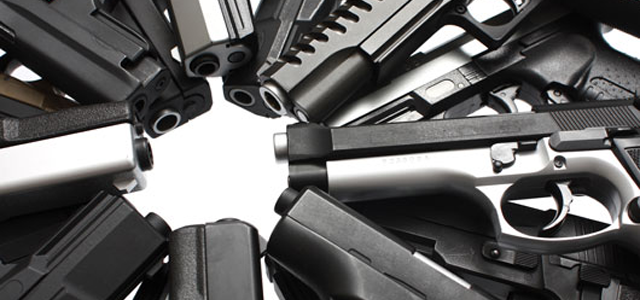
WASHINGTON – The Bureau of Alcohol, Tobacco, Firearms and Explosives (ATF) today released international firearms trace data reports for the top five reporting Caribbean nations, Canada, Mexico and several Central American countries. The trace data is gathered from ATF’s National Tracing Center (NTC), the nation’s only crime gun tracing facility, and relates to firearms recovered in these countries by law enforcement who have requested ATF traces.
For calendar year 2016, ATF’s NTC traced more than 364,000 firearms. In the Caribbean countries of the Bahamas, Dominican Republic, Haiti, Jamaica, and Trinidad and Tobago a total of 2,340 firearms were traced. In the Central American countries of Belize, El Salvador, Guatemala, Honduras, and Panama, a total of 5,728 guns were traced. Pistols again topped the list as the most recovered type of firearm, except for Haiti, where shotguns were the most traced firearm. During that same time, the NTC traced 13,452 firearms recovered in Mexico, and 1,549 firearms recovered in Canada. The data is organized by calendar year in which the respective authorities report the firearm was recovered, not the year in which the trace was initiated.
Firearms tracing provides valuable investigative leads, specific trend data for ATF and its international partners, and information on the movement of a firearm from the manufacturer or importer through the distribution chain in an attempt to identify its first retail purchaser.
A firearm trace is conducted when law enforcement recovers a firearm at a crime scene and needs to know the origin of that firearm in order to develop investigative leads. Trace information can link a suspect to a firearm in a criminal investigation, identify potential traffickers, and detect international patterns in the sources and types of crime guns.

